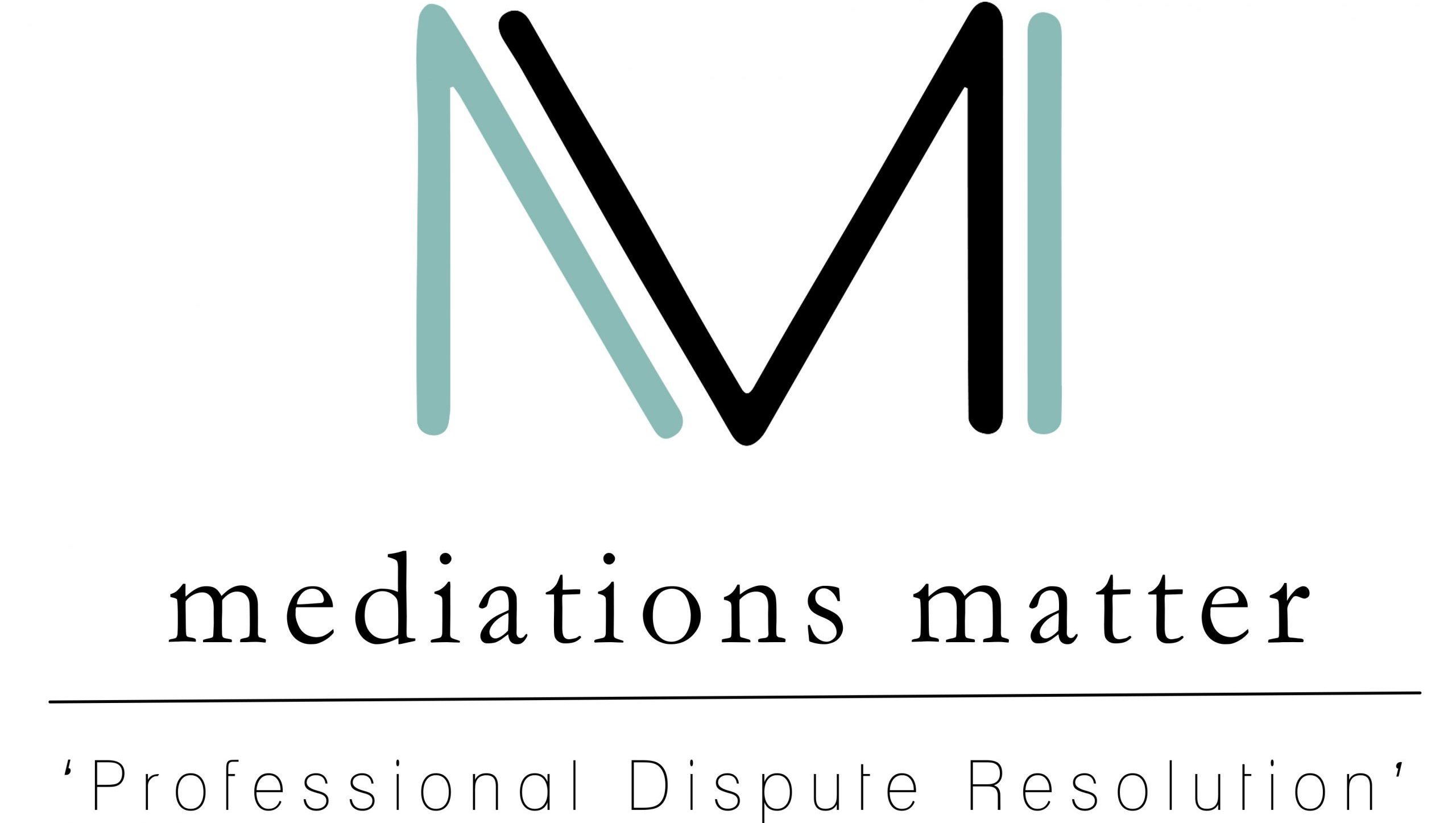In today’s increasingly complex and litigious society, the traditional route of legal action is often the default choice for resolving disputes. However, an alternative approach, mediation, has gained recognition as a superior method for conflict resolution. Mediation offers a wide range of benefits that make it a more efficient, cost-effective, and mutually beneficial option compared to the adversarial nature of legal proceedings. This article explores the advantages of mediation over legal action and highlights why it is a valuable tool in modern dispute resolution.
Promotes Collaborative Problem-Solving
Mediation fosters an environment of collaboration and cooperation between the parties involved in a dispute. Unlike legal action, which often fuels animosity and escalates conflict, mediation encourages open dialogue and facilitates effective communication. By working together, the parties can find creative solutions that go beyond the limitations of legal remedies. This collaborative problem-solving approach not only allows for greater flexibility but also promotes the preservation of relationships, making it particularly beneficial in personal, business, and community disputes.
Empowers Parties and Enhances Control
Legal proceedings often strip individuals of control over the outcome of their dispute, placing it in the hands of a judge or jury. Conversely, mediation empowers the parties by allowing them to actively participate in the decision-making process. As a neutral third party guides the mediation, the parties have the opportunity to express their concerns, needs, and interests directly. This active involvement not only results in greater satisfaction with the outcome but also fosters a sense of ownership and responsibility for the resolution. By maintaining control over the process, parties are more likely to comply with and implement the agreed-upon solutions, leading to more sustainable and long-lasting resolutions.
Preserves Privacy and Confidentiality
Mediation provides a private and confidential environment for resolving disputes. Unlike legal action, which is often conducted in public courts, mediation allows the parties to keep their personal matters out of the public eye. Confidentiality ensures that sensitive information, business strategies, or personal details are not exposed to the public record. This safeguarding of privacy encourages parties to be more open and honest during the process, which, in turn, leads to more effective problem-solving. The ability to maintain confidentiality is particularly valuable in family, employment, and commercial disputes where public exposure can cause irreparable damage to relationships and reputations.
Time and Cost-Efficient
Mediation is a significantly faster and a more cost-effective alternative to legal action. Traditional litigation can often take years to resolve due to congested court systems, complex procedures, and legal battles. In contrast, mediation offers a streamlined process that can be scheduled and completed within a matter of days or weeks. The shorter timeframe minimizes the disruption to the parties’ lives, businesses, or operations. Additionally, the cost of mediation is typically substantially lower than legal fees and court expenses. This affordability makes mediation accessible to a wider range of individuals and organizations, allowing them to efficiently address their disputes and allocate resources more effectively.
Promotes Win-Win Solutions and Maintains Relationships
Unlike legal action, which often results in a winner and a loser, mediation seeks to find mutually beneficial solutions that satisfy the interests of all parties involved. This focus on win-win outcomes encourages compromise, cooperation, and the exploration of shared interests. By preserving relationships and promoting mutual understanding, mediation allows parties to move beyond the dispute and potentially collaborate in the future. This long-term perspective is particularly advantageous in disputes within families, businesses, or communities, where ongoing relationships and reputations are paramount.
In conclusion, mediation offers a range of benefits that surpass traditional legal action. By promoting collaborative problem-solving, empowering parties, preserving privacy and confidentiality, being time and cost-efficient, and fostering win-win solutions, mediation provides a superior alternative for resolving disputes. The advantages of mediation extend to various domains, including family, business, and community conflicts. As individuals and organizations increasingly recognize the value of mediation, it is becoming an indispensable tool in modern conflict resolution, offering a more effective and mutually beneficial approach to dispute settlement.

